Just finished reading: Booth
I just finished reading Booth, by Karen Joy Fowler. The gorgeous spine caught my eye, but I didn’t really think it would be about the Booth Booth when I picked it up.
It’s not really about Booth Booth. Fowler believes John Wilkes Booth has already gotten too much attention. (Listen to or read this interview for more. Honestly, I hesitated to read the book at first. Until I realized her hesitation in writing it.)
Coincidentally, I started watching Manhunt (trailer below) right before stumbling on this book. Kind of weird reading about certain mind-blowing moments and then watching the same events later in the day.
This is a historical novel, which wouldn’t normally lead to any doodles or blog posts. Like last month, I had no choice. A few things that struck me are below, in no particular order.
No spoilers. Read Booth if you haven’t yet.
______________________________
Big brother Edwin wasn’t the only actor.
I knew John Wilkes acted. And that his older brother Edwin was a famous actor. I didn’t realize their brother June and father Junius Brutus Booth were also actors. (Here’s a photo of the three brothers in costume.)
(The actors are highlighted. I promised no spoilers, so I’m intentionally leaving something pretty substantial out of this family tree. If you want to see it with real photos — where available — here you go. Still no spoilers.)
______________________________
A lot changed in three generations.
Grandfather, Richard Booth:
British lawyer
Long white braid and clothes half a century out of date
“Treasonably sympathetic” to the Americans during the Revolutionary War, according to Fowler
Made guests bow to his George Washington portrait
Part of the freaking Underground Railroad!
Helped enslaved people escape to Philadelphia while living with his son’s family!! My jaw was on the floor when I read that.
Father, Junius Booth:
Didn’t know about his father’s involvement in helping enslaved people reach freedom… until he had to bail him out of jail
Rarely around
Against slavery sorta… it was a complicated relationship involving paying enslaved people a wage, but then also owning their children until well into adulthood…?
Not into hurt living things except maybe his wife and/or friends when drunk
Vegetarian who once arranged a funeral for a bunch of pigeons and mourned their death
Bought a mummy for pal Andrew Jackson, so … bit of a disconnect there
I’d always assumed that Booth came from a family with like-minded beliefs. It’s horrifying to think about the little things that could trigger a complete change in trajectory in such a profoundly tragic way…
______________________________
School impacted his beliefs
Not going to get into the details here, but one of Booth’s classmates was Robert E. Lee’s nephew. I thought perhaps it was the same nephew I came across when reading my first biography about Grover Cleveland — Fitzhugh Lee.
I checked with Dave at LincolnConspirators.com (a site referenced in the back of Booth). In July 1852, Fitzhugh received an appointment to West Point. Booth started attending the school in 1852, but it’s unclear when. If they did overlap at all, it was only for a short time. In any case:
Fitzhugh, with his impossible-for-me-to-type name, became a Confederate general and governor of Virginia.
He was anxious for people “not again be agitated by pieces of bunting that mean nothing now. The South is part and parcel of the Union today, and means to do her part toward increasing the prosperity and maintaining the peace of the Republic, whether the flags rot in Washington or are restored to their former custodians.”
He was impatient for the squabbling about flags to end and everyone to accept reality and move on.
Grover Cleveland: A Study in Character, by Alyn Brodsky
On a personal note: as of compiling this post, the Civil War has been over for nearly 160 years. YESTERDAY I stumbled across someone I know posting all sorts of agitation in the grossest ways about pieces of cloth. Normally, I enjoy a good coincidence. Not this time.
______________________________
Speaking of Grover Cleveland…
Fowler conveys the anger over the Civil War draft: “This war will be fought, by design, only by the poor.”
Grover Cleveland paid George Benninsky, a Polish sailor, $150 to fight in his place. (Cleveland’s dad had recently died, leaving him to support his younger siblings.)
______________________________
Edwin and Junius both performed for Hawaiian King Kamehameha
Both performed the role of Richard III.
I’m not sure which King Kamehameha but I think it was King Kamehameha IV
It definitely wasn’t King Kamehameha III (who, my doodles inspired by Unfamiliar Fishes by Sarah Vowell reminded me, made adultery illegal. Or, rather, “mischievous mating” because they didn’t have a word for adultery!)
It obviously wasn’t the Original King Kamehameha (who — along with his chiefs — “unanimously acknowledged themselves to be subjects to the British crown”… even though Britain didn’t actually consider Hawaiians to be British nor a protectorate of the crown.)
[ cue falling into a rabbit hole ]
I was so excited to dig out my doodle of the King, only to discover the one I had in mind was King Kalākaua. Not even the same line! After King Kamehameha IV died, power went to his brother King Kamehameha V. When V died without heirs, an election was held. Lunalilo was king for a year until he died, and then King Kalākaua became king.
None of this is at all relevant, but I already scanned and touched up the doodle of King Kalākaua, so here he is:
This guy has nothing to do with the story, but here we are. He was 19 years old at the time, so maybe just maybe he was also there. But he wasn’t king.
______________________________
Junius Booth was in Albany, NY during The Great Fire of 1848
I didn’t even know there was a Great Fire of 1848.
Junius was in Albany for the week playing Othello and Richard III and a couple of other roles.
14-year-old Edwin was there to babysit his father.
______________________________
Before Lincoln, Jackson was the last president to be re-elected
This blew my mind.
There were a lotta guys in between, with presidential lengths between 31 days and four years.
Two-terms seemed kinda scary to some people.
*William Henry Harrison is exaggerated so you can actually see his bar. His 31 days would otherwise barely be visible.
______________________________
John Wilkes Booth saw John Brown’s execution
After his raid on Harpers Ferry, the US government executed John Brown for treason.
Some speculate that Brown’s actions killed William Henry Seward’s presidential chances. At the time, Lincoln had no plan to restrict slavery and was (comparatively) a more moderate choice.
(Seward was also on Booth’s hit list — saved from death because he had a broken jaw.)
______________________________
Edwin Booth saved Robert Todd Lincoln’s life
You can’t make this stuff up. I mean, you could. But it would sound made up. And yet … it’s not.
A year or two before John Wilkes Booth assassinated Abe, Edwin saw a teenager knocked off a train platform and nearly crushed between two cars. Edwin grabbed him by his coat and jerked him back to the platform.
The teenager reportedly recognized him and said “that was a narrow escape, Mr. Booth.”
That’s not even the nuttiest Robert Todd Lincoln story. Read this.
______________________________
Have you read Booth or watched Manhunt?
Comment below and let me know what you think!
A few characters who appeared in the book
(Click the doodles for more)












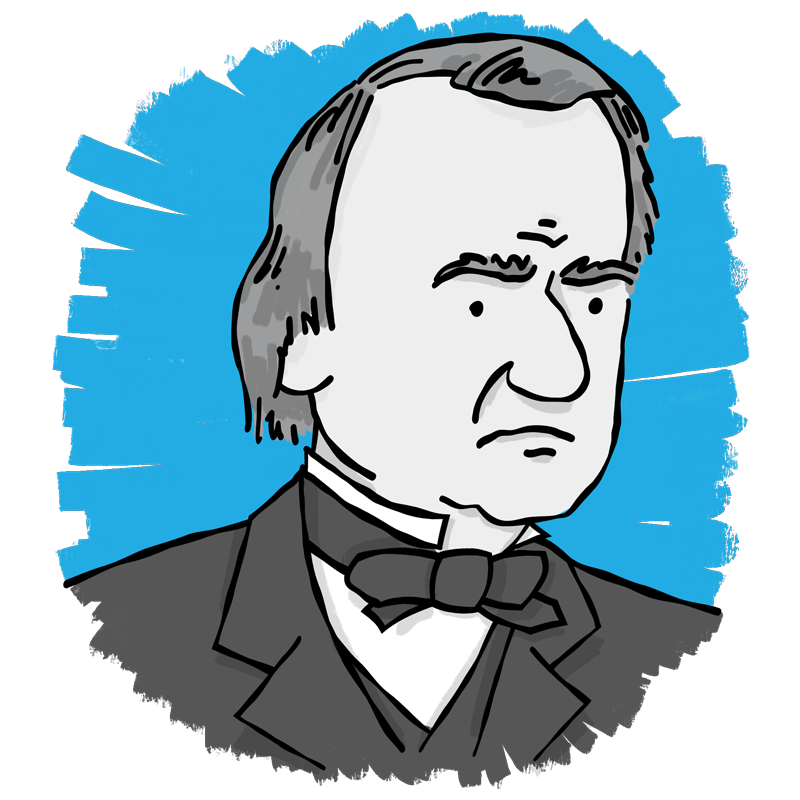




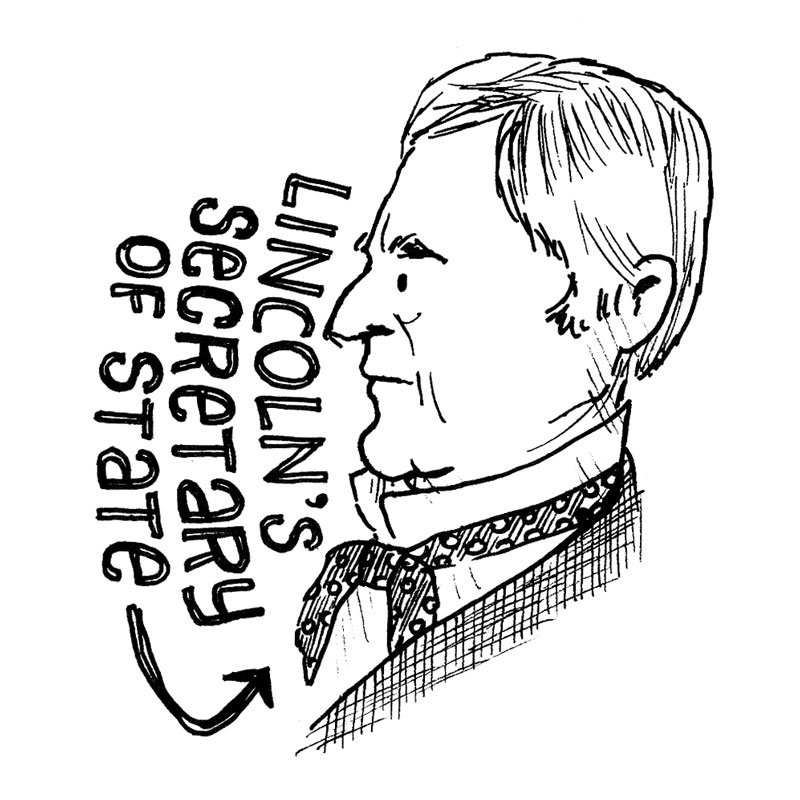

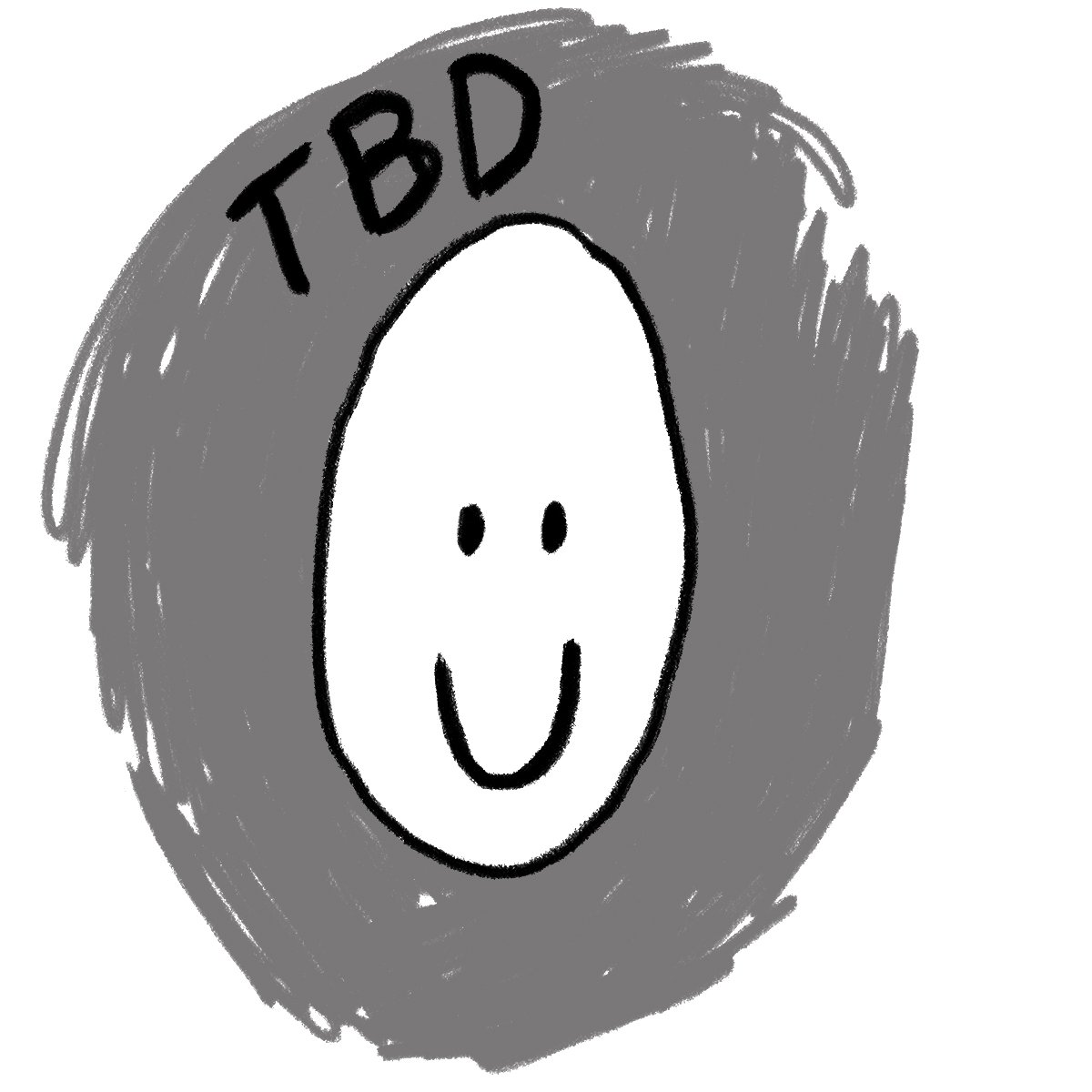
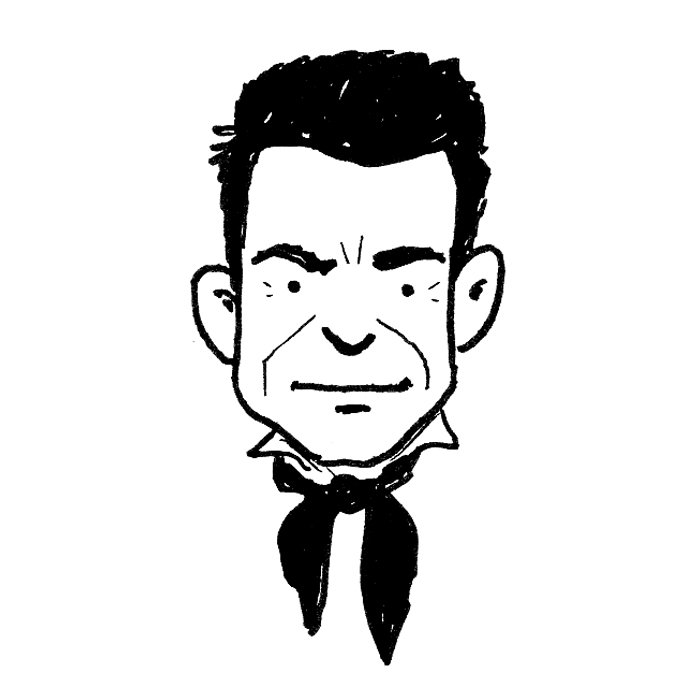




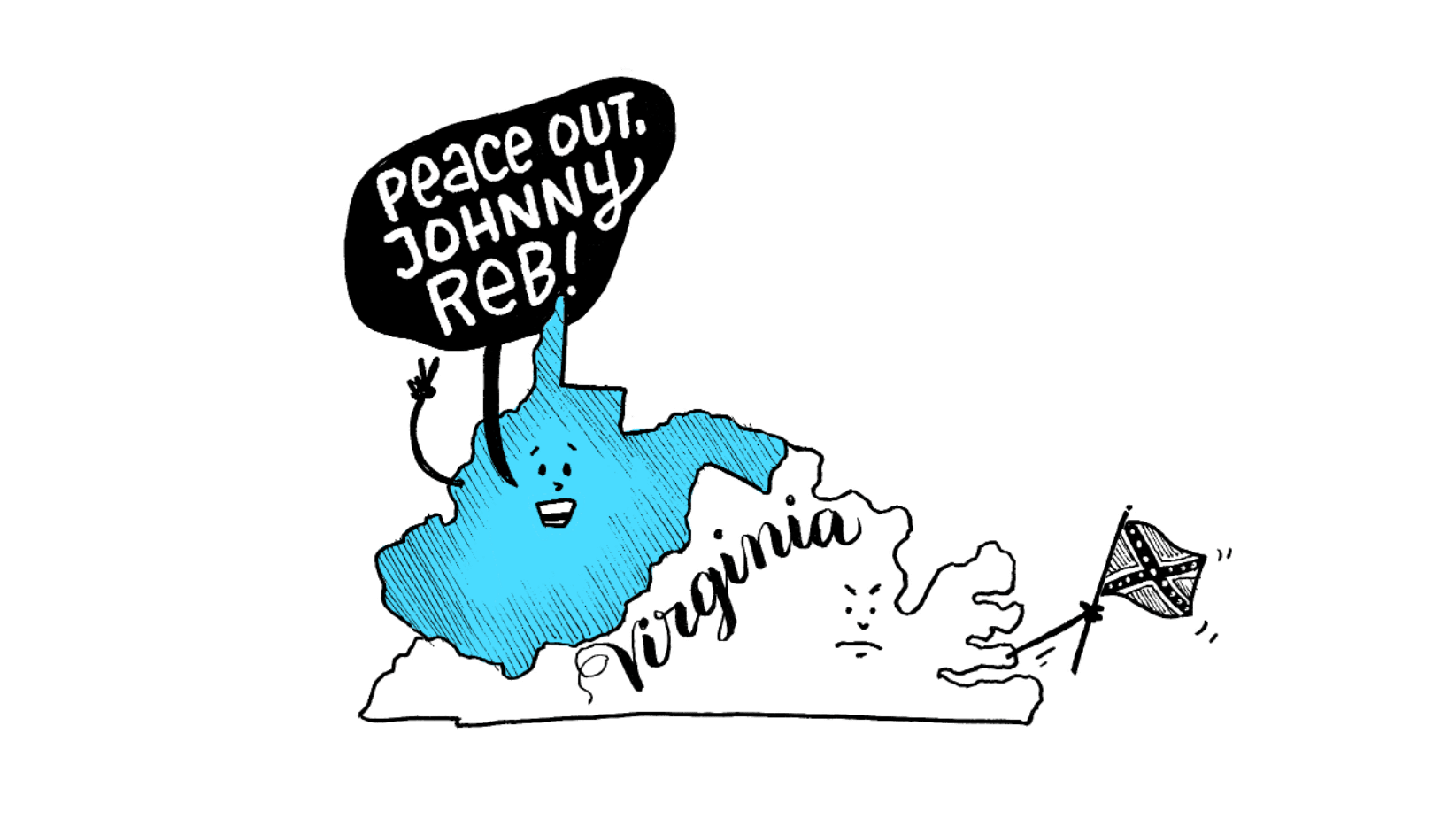
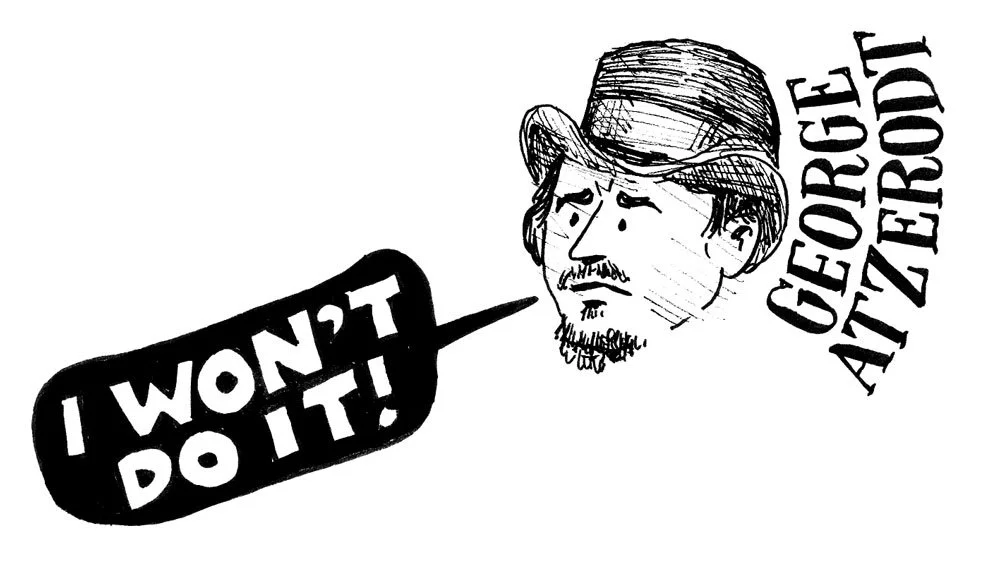
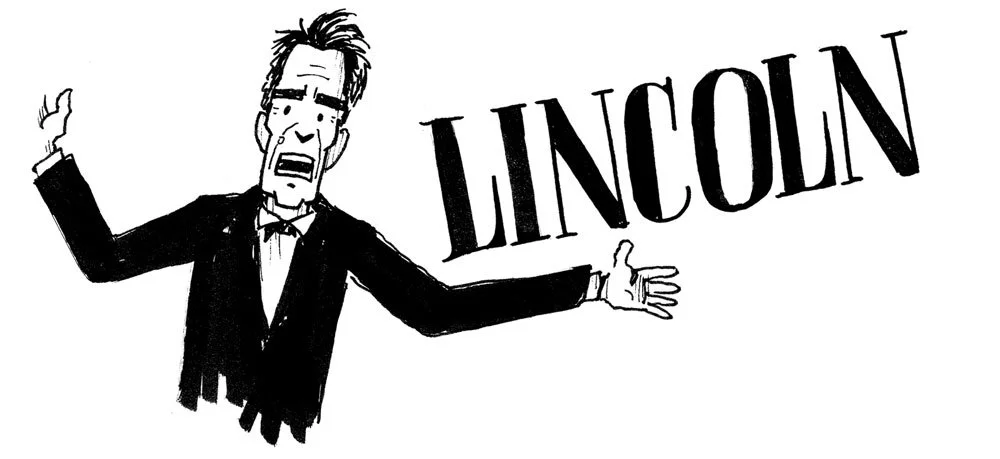
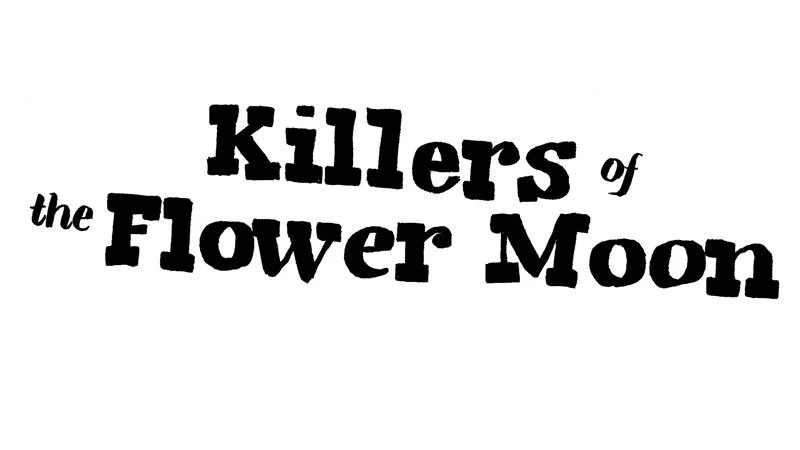
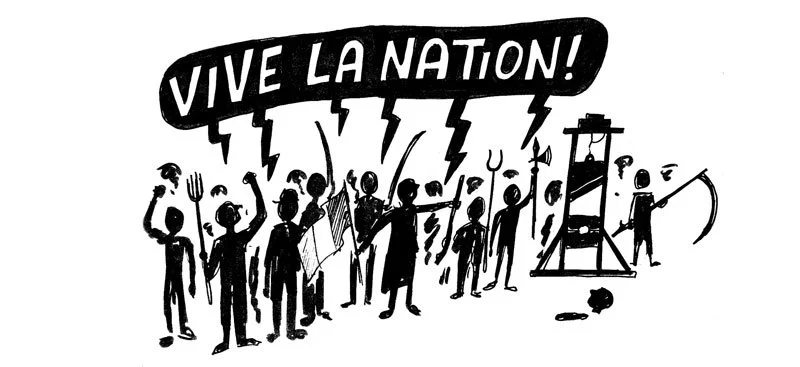



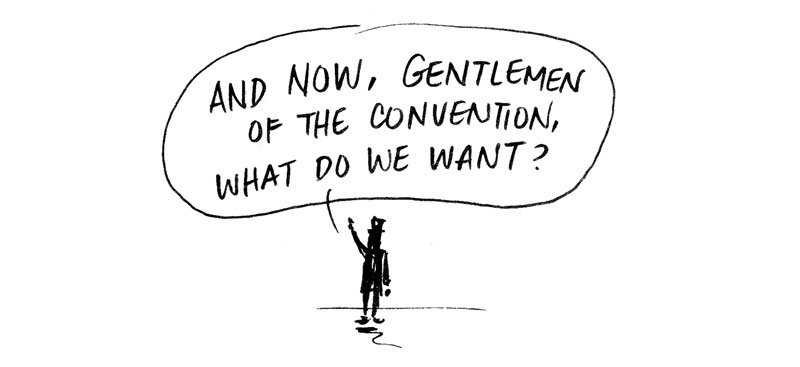


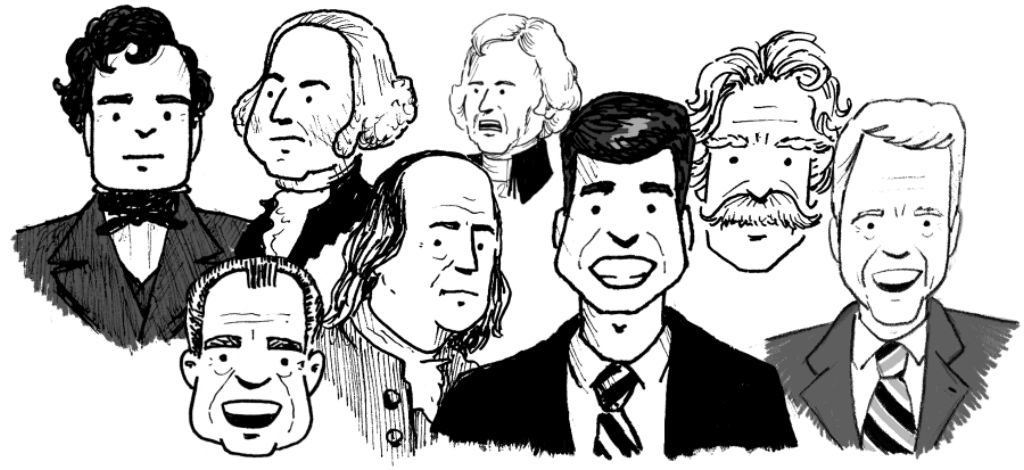
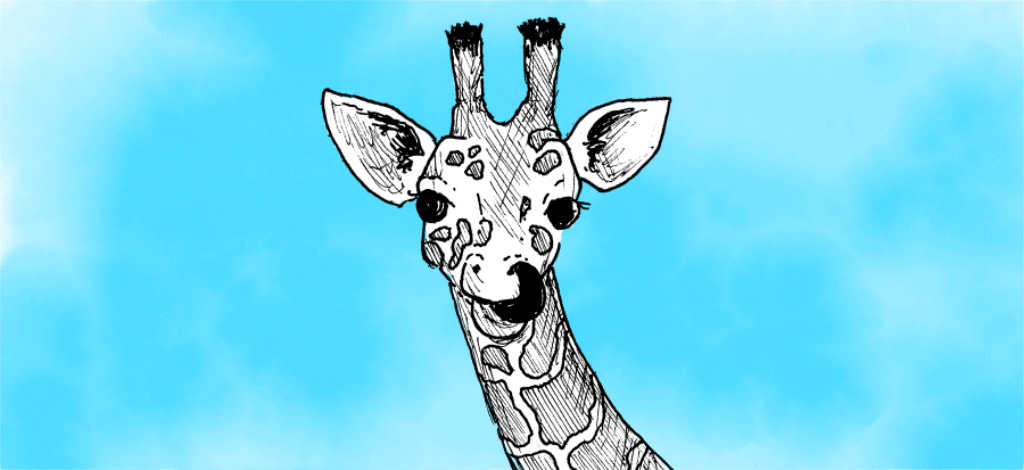
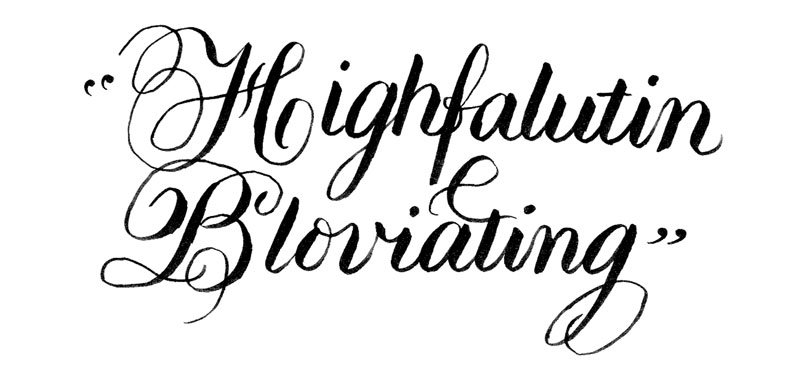
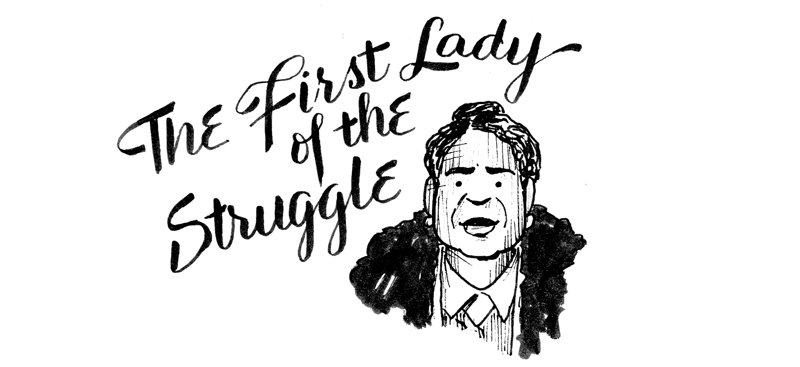
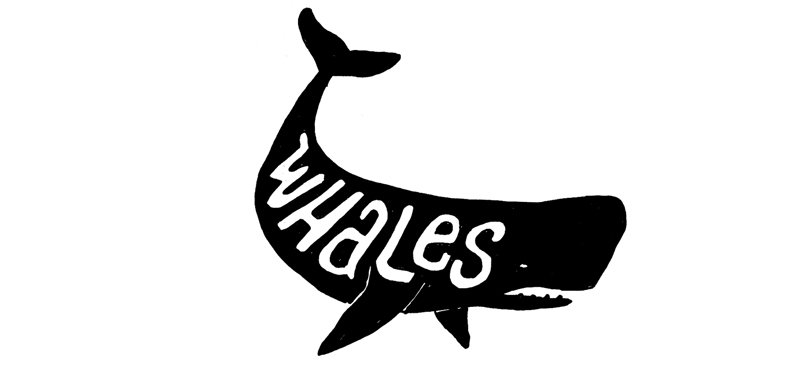
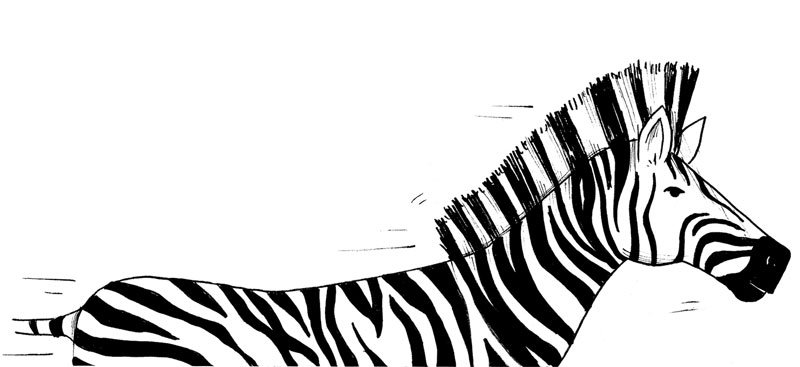
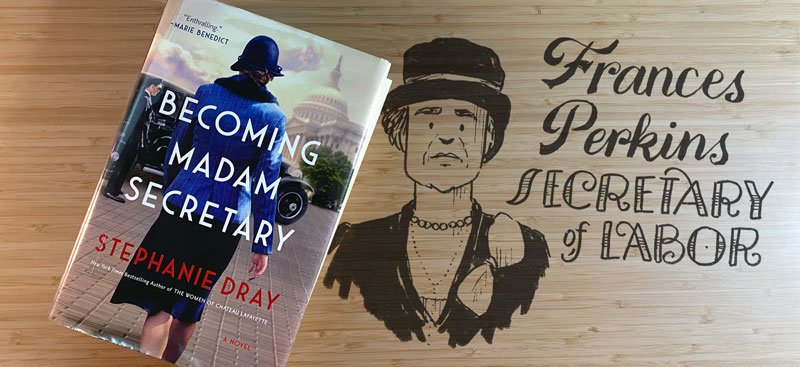
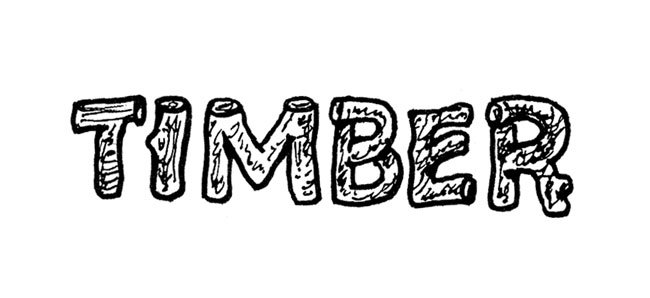
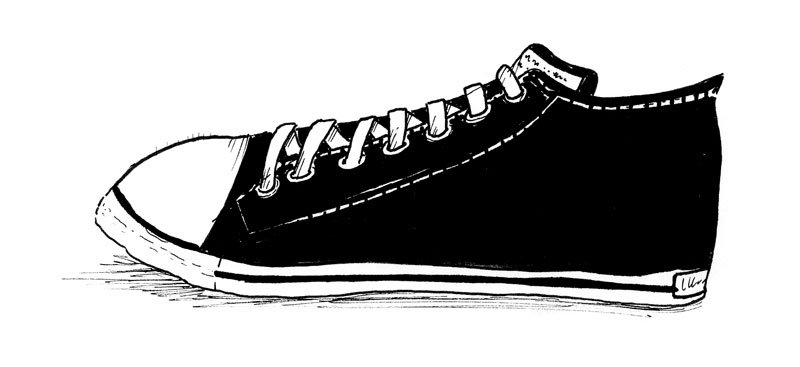
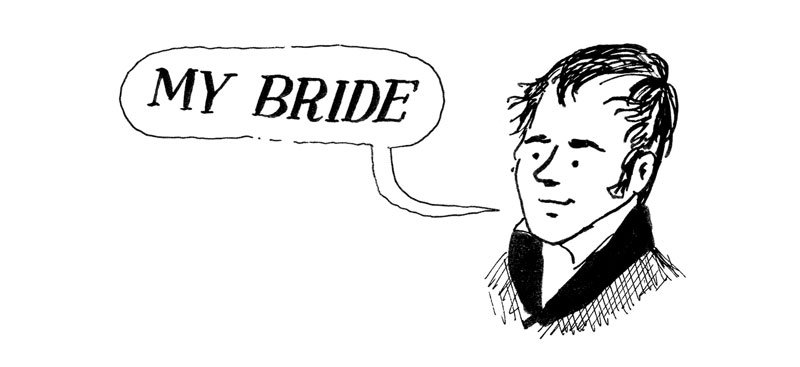
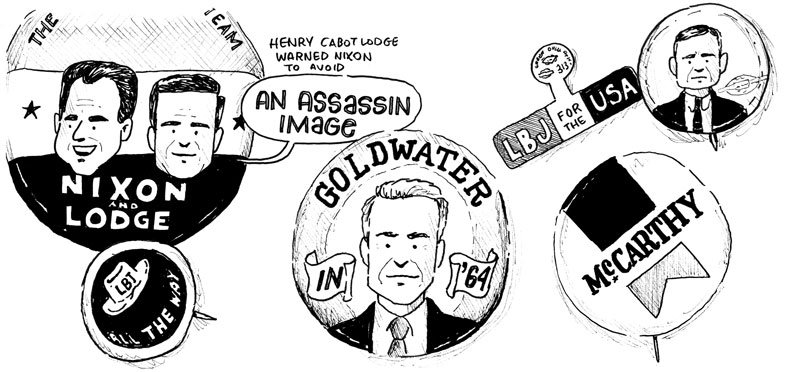
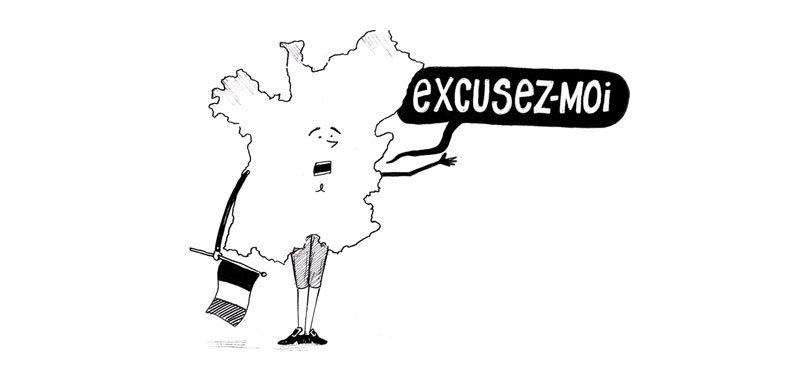
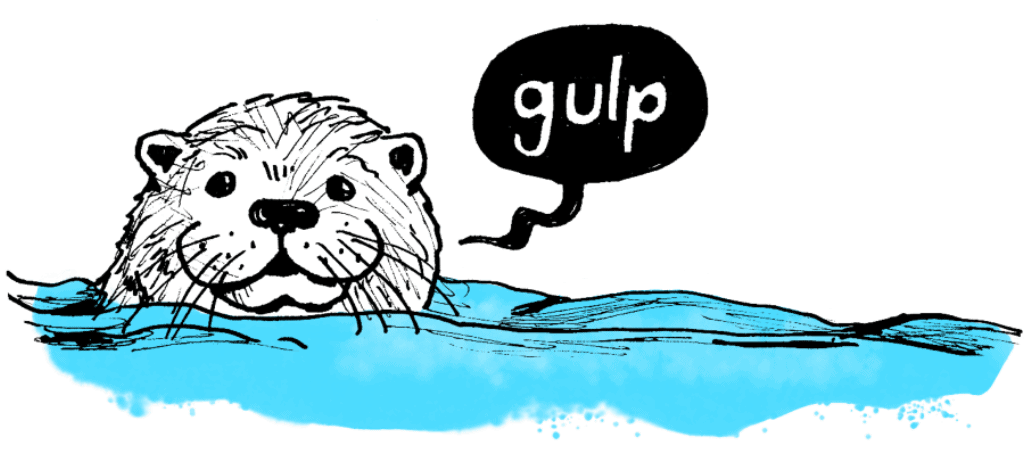
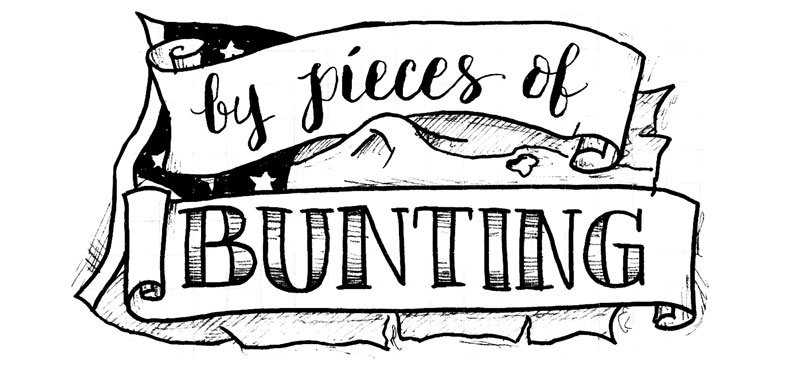
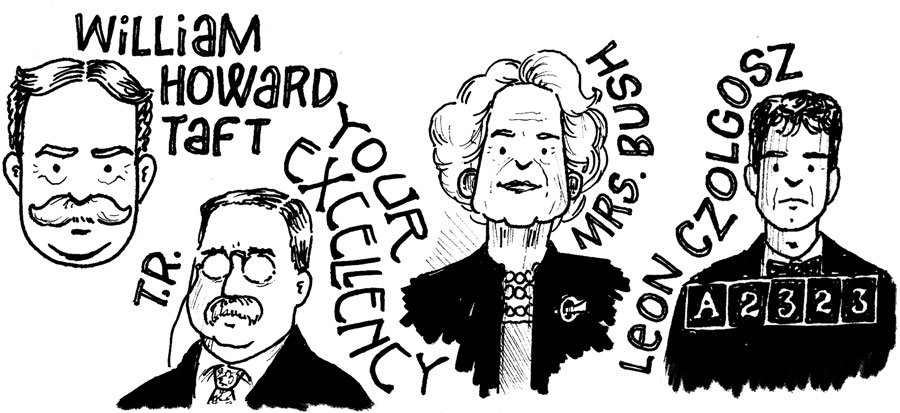
🐼☁️👆